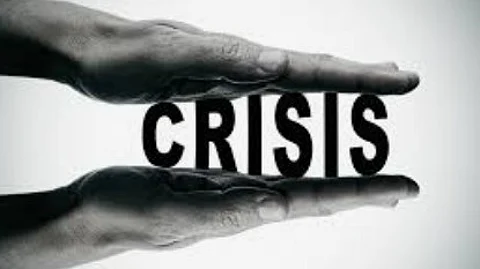

A spate of audacious crimes reported across Goa in recent days has sparked growing concern over what appears to be a steady breakdown of law and order in the State. From attempted chain-snatchings and daylight thefts to armed brawls and assaults, the frequency and boldness of such acts have left citizens questioning the effectiveness of the State’s law enforcement machinery.
On Friday, July 17, an attempted chain-snatching in Merces was foiled by Police Constable Devendra Tari of the Old Goa Police Station. Two suspects were apprehended and were later found to be involved in a series of similar offences across Mapusa, Porvorim, and Merces.
A day earlier, on July 16, Nikesh Chari (34), a suspended constable of the India Reserve Battalion (IRBn), was arrested for snatching a gold mangalsutra from a woman in broad daylight in Pernem — a disturbing example of law enforcers themselves turning into lawbreakers, further eroding public trust and highlighting the deepening crisis in policing.
On Monday, July 14, a family dispute spiralled into a violent street brawl in Zuarinagar, during which a sword was reportedly brandished. The Verna Police arrested businessman Parshuram Harijan (41) in connection with the incident, which left local residents shaken.
Adding to the sense of lawlessness, on July 13, a taxi driver was attacked and his vehicle vandalised by a group of tourists in Calangute following a collision with their two-wheeler. The brazenness of the attack and the lack of fear shown by the perpetrators underscore what locals are calling a deepening erosion of respect for the law.
The Goa Pradesh Youth Congress held a protest in response to the rising tide of crimes, which they said also includes an alarming increase in rapes, murders, and offences against women.
Congress leader Samil Volvoikar said, "Crime rates in Goa have increased. The number of murders, rapes and molestation has gone up. Who is responsible for this? Only the Bharatiya Janata Party (BJP) government. It does not care about people of the State."
He added, "The situation has worsened so much that drugs have reached the villages. The government is only interested in organising events. Its sole focus, protection of its power by disturbing communal harmony and creating division among the people."
Pradesh Youth Goa Congress President Mahesh Nadar criticised the government for its alleged apathy, saying, "The government is doing nothing to protect women of the State. The government has failed in providing funds to the police department. Government has to fund police department, invest in forensic labs and CCTV cameras. Issue is the safety of the people. If you cannot do it then you should step down."
Renowned singer Hema Sardesai, commenting on the worsening situation, said simply, "It’s sad."
Former State Information Commissioner Juino De Souza voiced deep concern, stating, "Law and order situation in Goa is pathetic. Not a day passes when there is no report of incidents of robberies, thefts, kidnapping, murder, rape or eve teasing. These incidents are affecting the society in a big way. Why are crime rates increasing in a peaceful State like Goa? Police have become dummies in the hands of the politicians. People do not fear the police anymore."
Bailancho Saad convenor Sabina Martins underscored the connection between governance choices and social outcomes. “The economic policy is determining the social behaviour in the State. With tourism, casinos, alcohol, gambling, crime has settled in to a large extent. This has stretched the police thin,” she remarked, drawing attention to how the State’s development model may be fuelling instability.
"Normally the victim has to get the benefit of the redressal system but what we are seeing increasingly is that it is the accused who are manipulating the system and they are the ones benefitting rather than the victims," she said.
"Even in cases related to women and children, we have found that if a victim goes to the court then there are more counter-cases filed against her. The accused are using the machinery to harass the victim. It is no longer a system wherein a victim will seek justice and she will get it," she added.
"Now a victim has to think 10 times before going to file a complaint to seek justice. Whoever files a complaint, there are counter-complaints against them, and the counter-complaints get better addressed by the system than the complaint of the victim," Martins said.
Civil society voices and political opponents are now demanding urgent, systemic reforms to restore faith in the rule of law and ensure that public safety is no longer compromised.